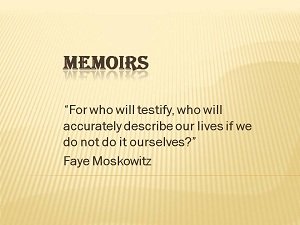
Vladimir Nabokov, Speak, Memory
Nabokov may be a Russian-speaking writer originally, but it is one of the things that makes him special – he writes in English, and his mastery of the language is unbelievable. It wouldn’t be completely true to call this book a recount of his life before the immigration to the United States – although it does exactly this and does it perfectly, it is to a much greater extent an excellent example of Nabokov’s style, which is a true pleasure to relish for anybody who loves English deeply.
Art Spiegelman, Maus
There are a lot of memoirs dedicated to Holocaust, but the most famous and well-known is probably Maus by Art Spiegelman. To depict the bizarre and horrific world of German concentration camps the author uses a similarly bizarre approach: this memoir is a graphic novel and all its characters are animals, just like in some children’s comic books. One may think that it helps to alleviate the terror somewhat, but no – it only adds to the atmosphere of unimaginable horror and insanity of Nazi Germany.
George Orwell, Homage to Catalonia
We all know George Orwell’s 1984, we know it so well that in fact a lot of people forget that he wrote a lot of other things, including Homage to Catalonia. A brilliant memoir about the Spanish Civil War in which Orwell combines his skills of a writer and a journalist tells us the story of this conflict without taking sides, describing the events as he saw them.
Robert Graves, Goodbye to All That
A memoir written by a well-known British author Robert Graves when he was thirty-four; one will better understand the complexities of the book taking into account the time period it appeared. First published in 1929, this book signifies Graves’ farewell to England in particular and the old world in general, crushed and changed by the catastrophe of the First World War. With old institutions crumbling around him, Graves depicts his life in this world-changing period.
Roald Dahl, Boy
Childhood autobiography of the author of such excellent books as Charlie and the Chocolate Factory and James and the Giant Peach is fascinating in and of itself: it seems that his life was full of events and characters no less interesting than any of his fiction books. Taking the seemingly mundane moments he manages to turn them into a gripping story one doesn’t think of putting aside until the very end.
